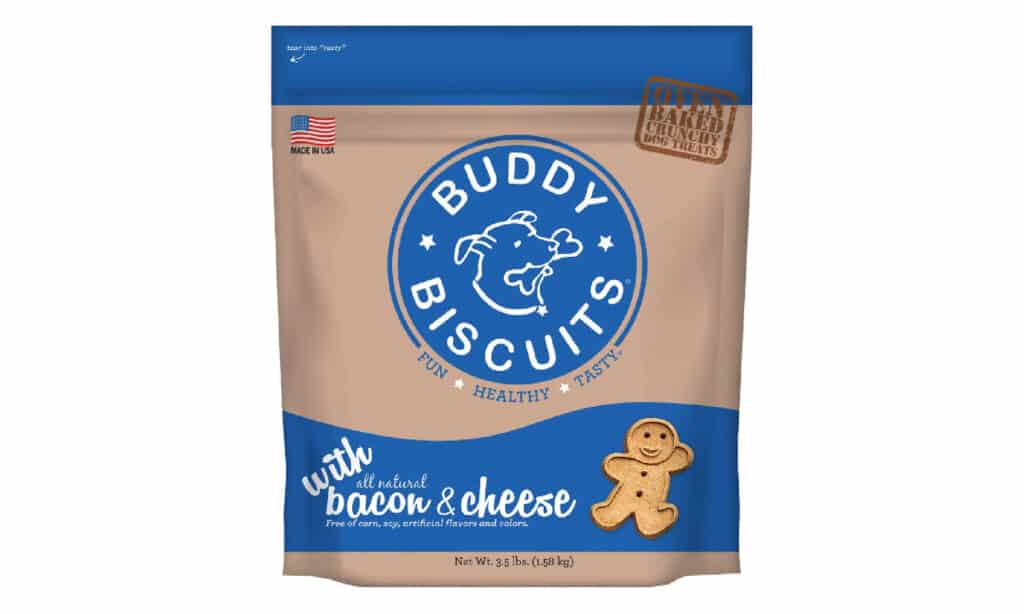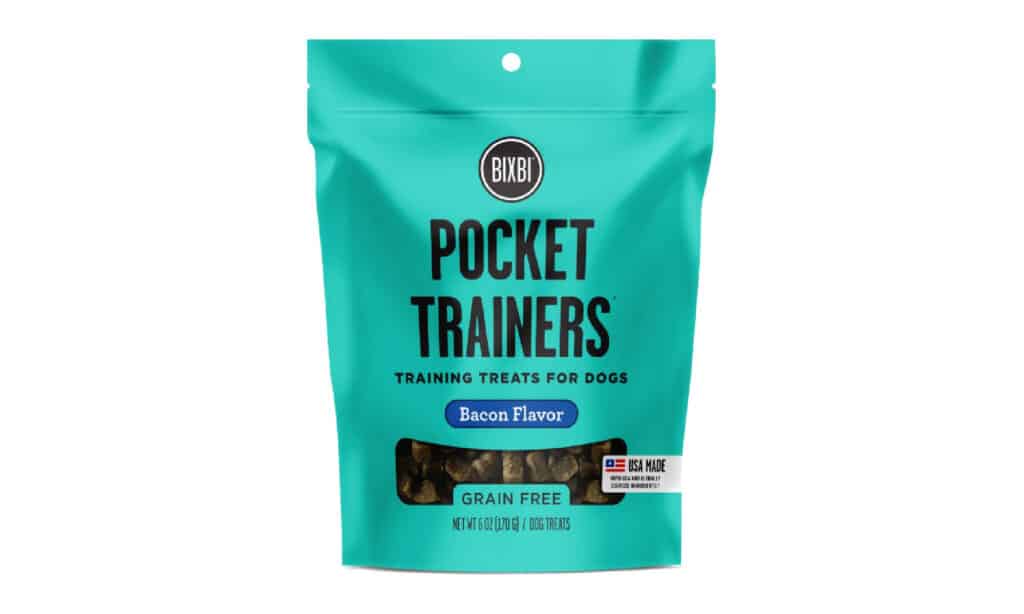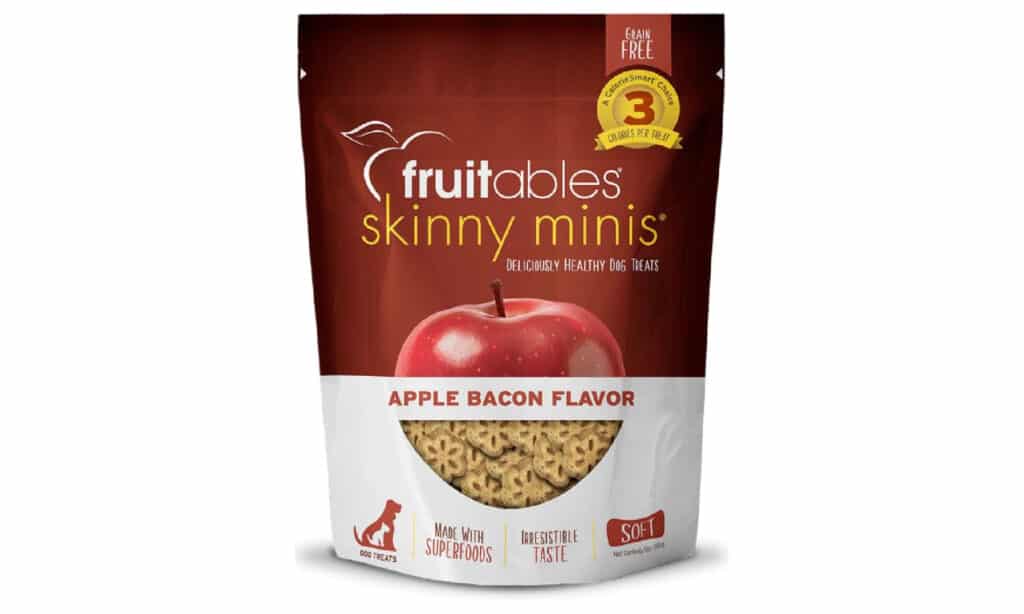Welcome to my blog, where we explore the question of whether or not dogs can eat buckwheat. As a pet owner, it’s important to ensure that our furry friends are consuming a balanced and healthy diet. With so many different types of food available, it can be overwhelming to know what is safe and nutritious for our dogs to eat. Is buckwheat safe for our canine companions despite being a commonly used grain in many human foods? In this blog, we will delve into the nutritional benefits and potential risks of feeding buckwheat to dogs. Join me as we learn more about this popular grain and whether or not it should be a part of our dogs’ diet.
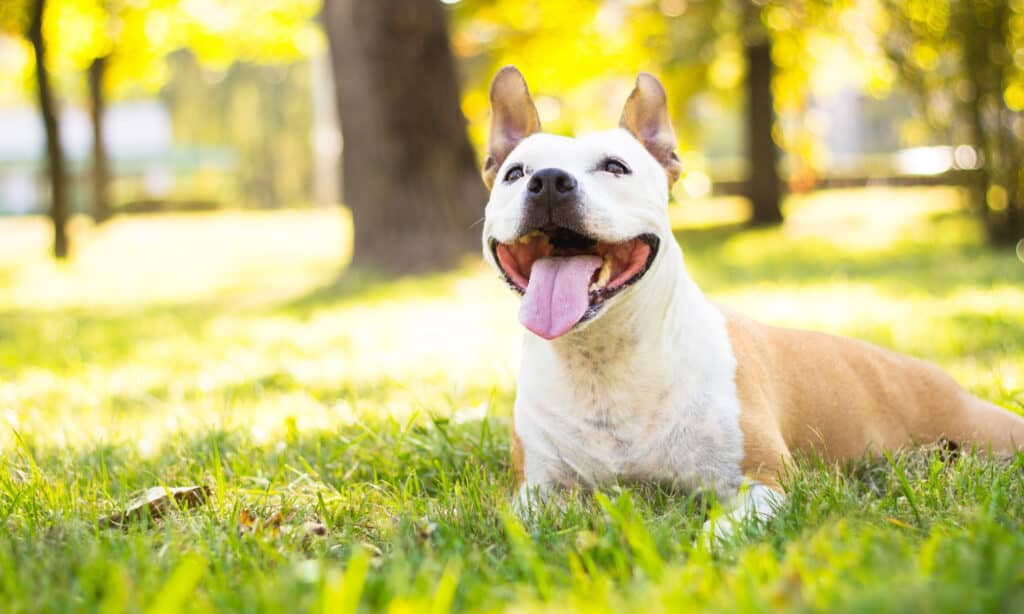
What Is Buckwheat?
Buckwheat is a plant-based food that has been consumed by humans for thousands of years. It is not actually a cereal grain, but rather a seed that is related to rhubarb and sorrel. Producers often use buckwheat to make flour, which they use to create a variety of foods like noodles, pancakes, and bread. Additionally, many health food manufacturers utilize buckwheat in their products because of its high protein content, fiber, and essential amino acids.Buckwheat has a nutty flavor and is a great alternative for those who have gluten intolerance or celiac disease. While it is a popular food for humans, many pet owners may wonder if their dogs can safely consume buckwheat as well. In the next section, we will discuss the nutritional benefits and potential risks of feeding buckwheat to dogs.
Can Dogs Eat Buckwheat?
The good news is that buckwheat is generally safe for dogs to consume in moderation. Buckwheat provides dogs with protein, fiber, and essential amino acids, promoting their overall health. “However, there are a few things to keep in mind when feeding buckwheat to your furry friend.
Firstly, it is important to note that dogs have different nutritional needs than humans, and should not be fed a diet consisting solely of human foods. Buckwheat should only be given as a treat or supplement to your dog’s regular diet.
Secondly, some dogs may have an allergic reaction to buckwheat. Signs of an allergic reaction can include vomiting, diarrhea, itching, and difficulty breathing. If your dog experiences these symptoms after eating buckwheat, stop feeding it and consult a veterinarian.
Finally, you should always cook buckwheat before feeding it to your dog. Raw buckwheat can be difficult for dogs to digest and may cause digestive issues. You can mix cooked buckwheat with your dog’s regular food or serve it as a standalone treat.
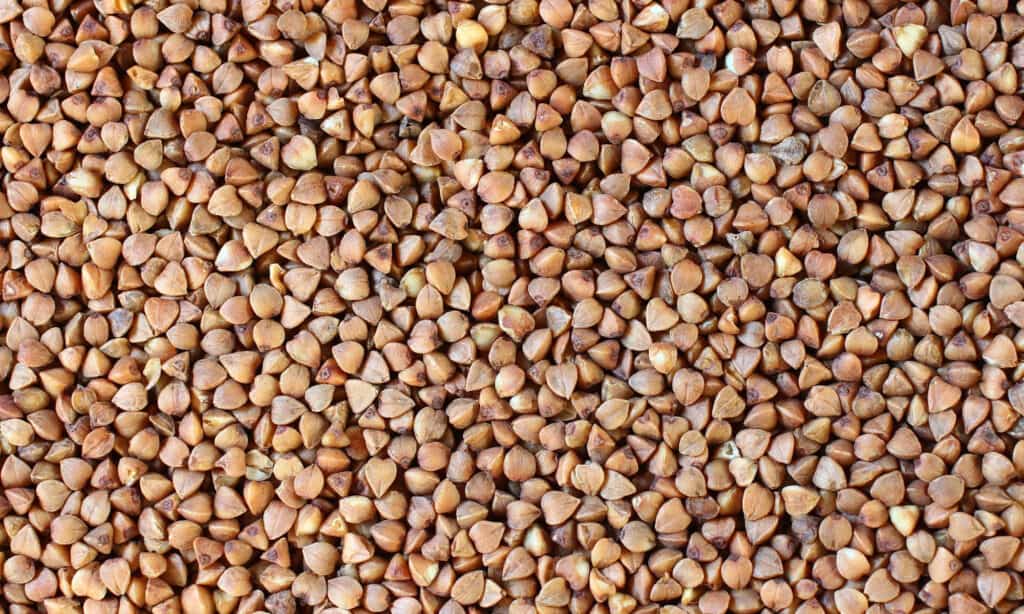
Are There Any Harmful Ingredients in Buckwheat?
Buckwheat itself does not directly harm dogs, although some buckwheat-based foods may contain harmful ingredients. Buckwheat noodles and pancakes with high salt or sugar levels may harm your dog’s health if eaten excessively.
Additionally, some buckwheat products may contain other ingredients that are toxic to dogs, such as chocolate, raisins, or nuts. It’s important to always read the ingredient label carefully before feeding your dog any buckwheat-based foods and avoid products that contain harmful ingredients.
Another consideration is the preparation method of buckwheat. Raw buckwheat can cause digestive issues, but cooked groats and flour are safe for dogs.
Are There Safe Foods That Buckwheat Can Be Added To?
Yes, there are many safe and nutritious ingredients that can be added to buckwheat to make it a healthy and tasty treat for dogs. Some examples include:
- Lean meats: Lean meats like chicken, turkey or beef give dogs extra protein and essential amino acids they need. Make sure the meat is cooked and free from any bones, skin, or fat.
- Vegetables: Many vegetables, such as carrots, green beans, and peas, are safe and nutritious for dogs. They can provide additional vitamins, minerals, and fiber to your dog’s diet.
- Fruits: Blueberries, apples, and bananas are healthy and tasty fruits that can be added to your dog’s diet in moderation. Avoid feeding dogs fruits with pits, like cherries or peaches, as these can cause choking hazards.
- Eggs: Adding cooked eggs to buckwheat can provide additional protein and nutrients to your dog’s diet. Just make sure to avoid feeding your dog any raw eggs, as they can contain harmful bacteria.
- Yogurt: Adding buckwheat to yogurt adds probiotics, supporting your dog’s digestive health.
In summary, you can add many safe and nutritious ingredients to buckwheat to make a healthy and delicious treat for your furry friend. As with any new food, it’s important to introduce these ingredients slowly and in moderation and to always monitor your dog for any signs of digestive upset or allergic reactions.
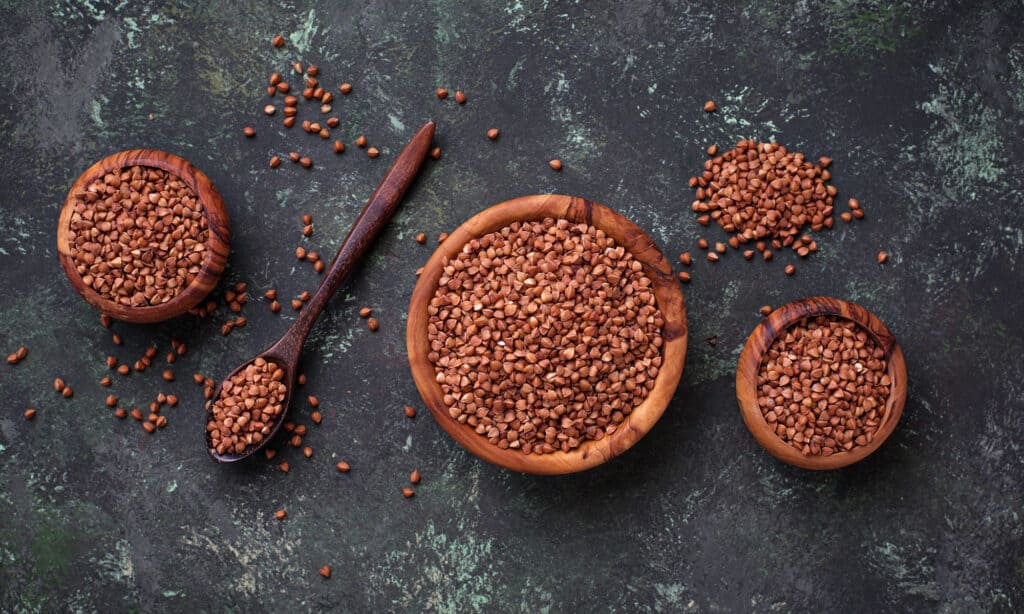
What Signs To Watch For If Your Dog Accidentally Ate A Lot of Buckwheat?
If your dog accidentally eats a lot of buckwheat, there are several signs to watch for that may indicate they are experiencing digestive upset. Some of these signs include:
- Vomiting: If your dog has eaten a large amount of buckwheat, they may vomit as their body tries to expel the excess food.
- Diarrhea: Buckwheat can be high in fiber, and eating too much of it can lead to loose or watery stools.
- Abdominal pain: Your dog may show signs of abdominal discomfort, such as pacing, whining, or refusing to eat.
- Loss of appetite: If your dog is feeling unwell, they may lose their appetite and not want to eat.
- Lethargy: Your dog may appear tired, weak, or lethargic if they are experiencing digestive upset.
If your dog shows any of these signs after eating a large amount of buckwheat, it’s important to monitor them closely and contact your veterinarian if their symptoms persist or worsen. Your vet may suggest withholding food or giving a bland diet to calm your dog’s digestive system. In more severe cases, your veterinarian may need to provide additional treatment or medication to address your dog’s symptoms.
When or If You Should Go To The Vet?
If your dog is experiencing severe or persistent symptoms after eating a large amount of buckwheat, it’s important to seek veterinary care right away. Some signs that may indicate a more serious issue include:
- Blood in the vomit or diarrhea: This could indicate a more serious gastrointestinal issue that requires immediate veterinary attention.
- Dehydration: Dehydrated dogs need veterinary care if they show signs like dry gums, sunken eyes, or lethargy.
- Abdominal swelling: A bloated abdomen in dogs is serious and requires immediate veterinary attention as it may be a sign of bloat.
- Difficulty breathing: Labored breathing in dogs may signal an allergic reaction or a severe health problem.
- Loss of consciousness: If your dog loses consciousness or is unresponsive, seek veterinary care immediately.
In general, if you are unsure if your dog needs veterinary care, it’s always best to err on the side of caution and contact your veterinarian for advice. They can determine whether to see your dog immediately or monitor them at home.
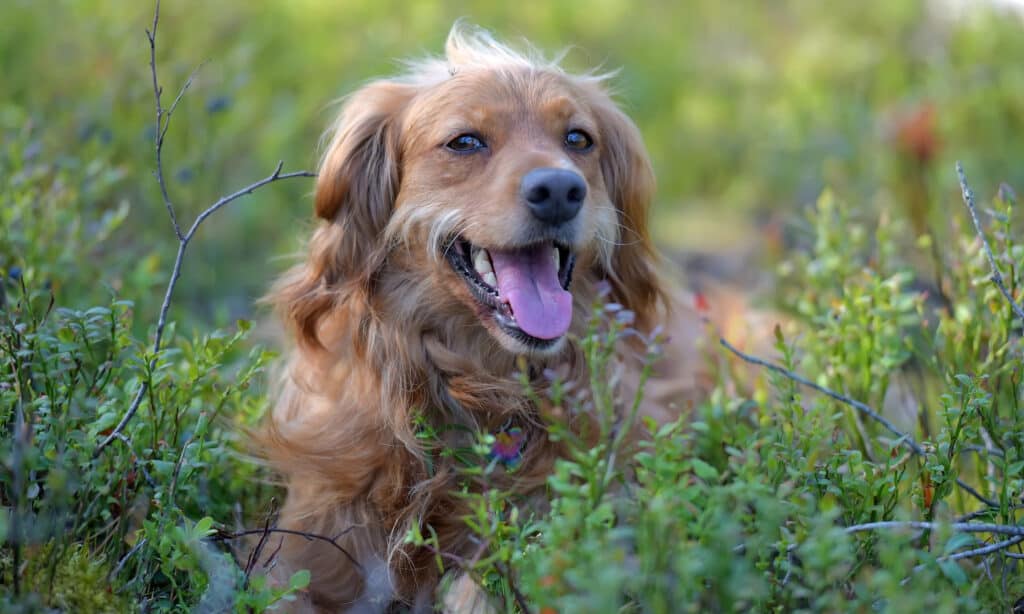
Safe Dog-Friendly Alternative to Buckwheat:
If you’re looking for a safe and healthy alternative to buckwheat for your furry friend, there are several options to consider. Here are a few dog-friendly alternatives to buckwheat:
- Brown rice: Brown rice is a nutritious and easily digestible grain that can be a good alternative to buckwheat. You can cook and serve it with lean meats or vegetables, as it is a great source of fiber, vitamins, and minerals.
- Quinoa: Quinoa is protein-rich and an excellent buckwheat alternative, containing essential amino acids that benefit your dog’s health. It’s also gluten-free and easy to digest, making it a good option for dogs with sensitive stomachs.
- Sweet potato: Sweet potato is a nutritious and tasty alternative to grains like buckwheat. It’s fiber-rich, packed with vitamins and minerals, and can be served alone or mixed with regular dog food.
- Oatmeal: Oatmeal is a great source of fiber and can be a healthy addition to your dog’s diet in moderation. It’s important to avoid flavored oatmeal packets that may contain added sugar or artificial ingredients.
- Barley: Barley is a nutritious and easily digestible grain that can be cooked and served with lean meats or vegetables. It’s a good source of fiber, vitamins, and minerals and can be a good alternative to buckwheat for dogs.
In summary, there are many safe and healthy alternatives to buckwheat that can be a nutritious addition to your dog’s diet. As with any new food, it’s important to introduce these alternatives slowly and in moderation and to always monitor your dog for any signs of digestive upset or allergic reactions.
Healthy Store-Bought Options:
In conclusion, buckwheat can be a healthy and nutritious addition to your dog’s diet when fed in moderation and prepared properly. Although dogs can typically consume it safely, you should always be mindful of any added ingredients and cook it before feeding it to your furry friend. Monitor your dog for digestive upset or allergic reactions when introducing new foods.
If you have any concerns about feeding buckwheat to your dog or if your dog experiences any adverse reactions after eating it, it’s always best to consult with your veterinarian. Get guidance on your dog’s nutrition for a balanced diet by consulting with a vet.
Finally, if you’re looking for alternatives to buckwheat, there are many safe and healthy options available. Whether you choose brown rice, quinoa, sweet potato, oatmeal, or barley, there are plenty of nutritious options to choose from that can help support your dog’s overall health and well-being.
~Lindsie

